“Do you know of any good history books I should read this summer?”
If that’s your question, I have 15 suggestions for you. Here are 15 history books pitched at a popular level (or at least accessible to a wide audience) that I’ve read and enjoyed.
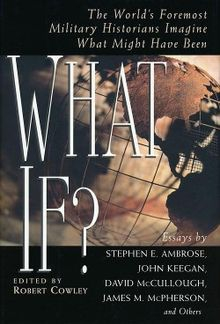
What If? The World’s Foremost Military Historians Imagine What Might Have Been, edited by Robert Cowley. A great example of counterfactual storytelling. The chapters on Sennacherib and Jerusalem, the Mongol invasion that didn’t happen, the fog that saved Washington’s army, Lee’s lost order, the disaster that should have been Midway are just some of the provocative “what if’s” you’ll consider in this creative and informative collection of essays.
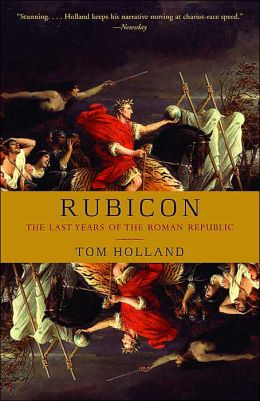
Tom Holland, Rubicon: The Last Years of the Roman Republic. A complex history told very well. No footnotes, but historically robust and readable.
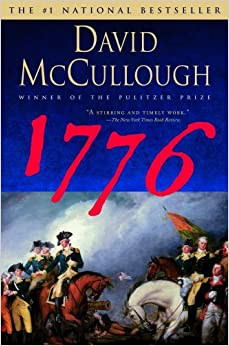
David McCullough, 1776. My favorite McCullough book, which is saying something. Start it today and I bet you’ll be finished before July 4.
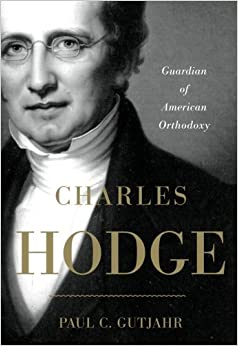
Paul C. Gutjahr, Charles Hodge: Guardian of American Orthodoxy. A model academic biography that is structured in such a way as to be eminently readable. It will be hard not to like Charles Hodge after reading this book.
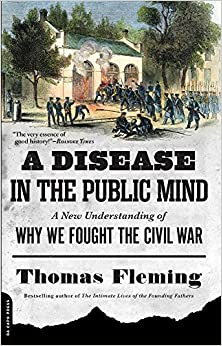
Thomas Fleming, A Disease in the Public Mind: A New Understanding of Why We Fought the Civil War. Fleming argues that both sides had extremists with apocalyptic rhetoric who took all or nothing positions. Whether you agree with the thesis or not, this is a terrific history of the build up to the Civil War.
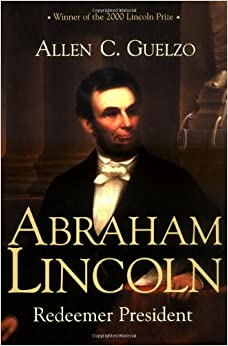
Allen C. Guelzo, Abraham Lincoln: Redeemer President. Guelzo is one of the finest historians of the period, a deft writer, theologically astute, and sensitive to the religious (though he argues not born-again Christian) dimensions of Lincoln’s life and thought.
Abraham
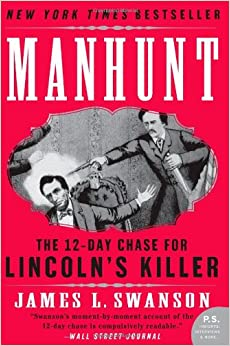
James L. Swanson, Manhunt: The 12-Day Chase for Lincoln’s Killer. Did you read the title? Read it again. It’s not an exaggeration. The book is history but reads like a thrilling crime drama.
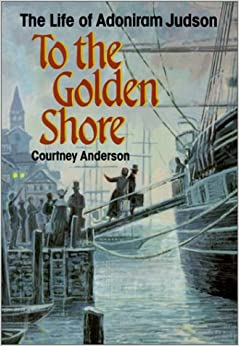
Courtney Anderson, To the Golden Shore: The Life of Adoniram Judson. Easily the most inspirational book on this list. One of the missionary biographies you really must read.
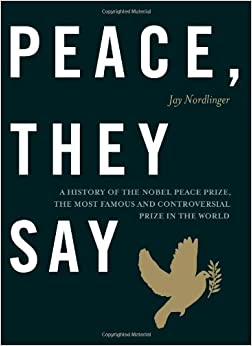
Jay Norlinger, Peace, They Say: A History of the Nobel Peace Prize, the Most Famous and Controversial Prize in the World. For what could be an obscure topic, the prose is remarkably light and the history much more interesting that you might think.
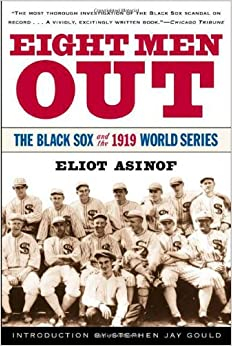
Eliot Asinof, . It’s summer, so read something about baseball. You’d be hard pressed to do better than this book.
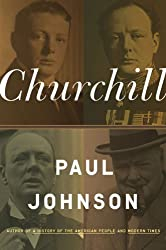
Paul Johnson, Churchill. So many wonderful anecdotes, so much wisdom, and so short.
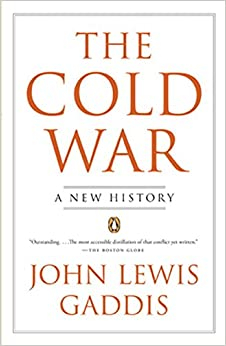
John Lewis Gaddis, The Cold War: A New History. If you are under the age of 40, you are probably less interested in this book, but that’s all the most reason you need to read it.
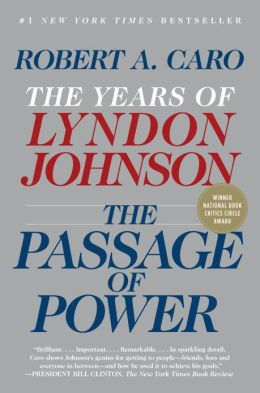
Robert Caro, The Years of Lyndon Johnson: The Passage of Power. This is only one of four published volumes in the series (and there is supposed to be a fifth and final installment), but this is the only one I’ve read (more accurately, am still reading). There is a lot of detail here, but a lot of insight into the best and worst of human nature.
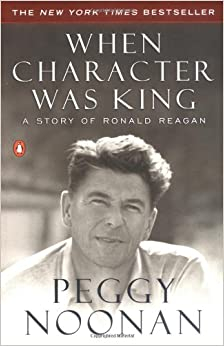
Peggy Noonan, When Character Was King: A Story of Ronald Reagan. There are other more critical accounts of Reagan’s life, but none so easy to read and so well written.
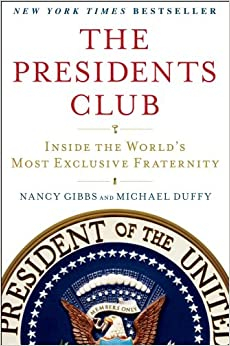
Nancy Gibbs and Michael Duffy, The President’s Club: Inside the World’s Most Exclusive Fraternity. In looking at the relationship of our presidents among themselves, this book really does give a glimpse of American history that we haven’t seen before. The Gibbs/Duffy book on Billy Graham and the Presidents is also a fun read.



